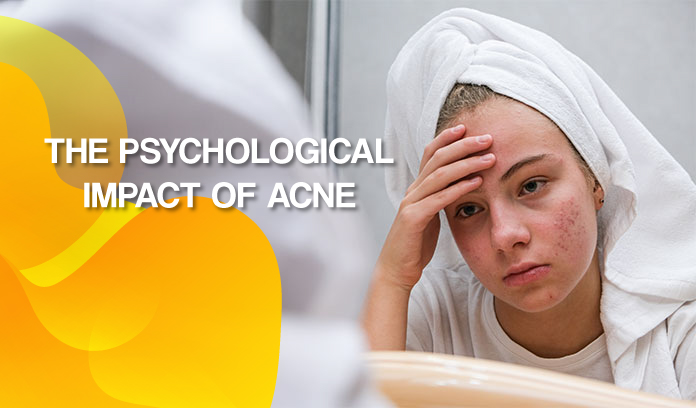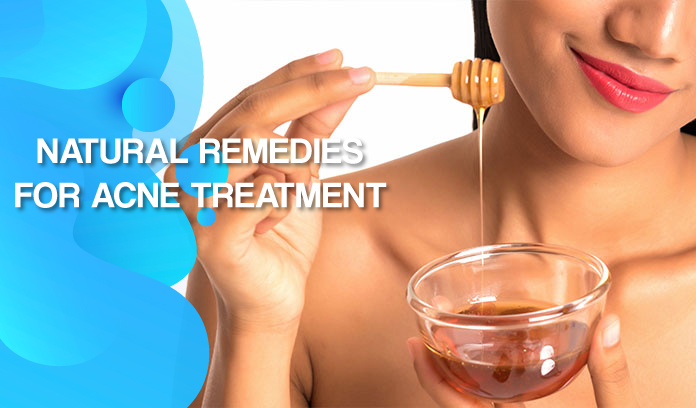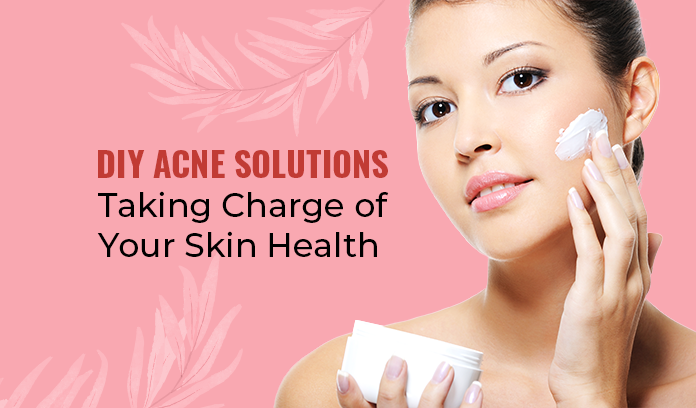Acne, a common yet often misunderstood skin condition, extends beyond its physical manifestations. While it’s frequently viewed as a cosmetic concern, its psychological impact is profound, affecting self-esteem, confidence, and mental well-being.
Identity
Acne can influence one’s sense of identity, shaping how individuals perceive themselves and how they believe others perceive them. It can lead to a discrepancy between one’s ideal self-image and their perceived image due to the presence of acne, impacting self-identity formation and self-esteem.
Social Anxiety
Acne can contribute to the development of social anxiety, causing individuals to feel self-conscious and fearful of negative evaluations in social situations. This anxiety can lead to avoidance of social interactions and isolation, further exacerbating feelings of loneliness and depression.
Body Dysmorphia
Some individuals with acne may develop body dysmorphic disorder (BDD), a mental health condition characterized by obsessive preoccupation with perceived flaws in physical appearance. Acne may be magnified in the individual’s mind, leading to excessive grooming behaviours, social withdrawal, and impaired functioning.
Peer Relationships
Acne can impact peer relationships, as individuals may experience teasing, bullying, or rejection from peers due to their appearance. This can lead to feelings of alienation, low self-worth, and difficulty forming meaningful connections.
Emotional Distress
The presence of acne can cause significant emotional distress, including feelings of frustration, embarrassment, and sadness. These emotions may be intensified by societal pressure to achieve unattainable beauty standards, exacerbating the psychological impact of acne.
Cognitive Distortions
Individuals with acne may experience cognitive distortions, such as catastrophizing or overgeneralizing, regarding their appearance and its implications. These distortions can fuel negative self-talk and perpetuate feelings of inadequacy and hopelessness.
Perceived Control
Acne can challenge one’s sense of control over their body and appearance, leading to feelings of helplessness and frustration. Individuals may engage in various strategies to try to control their acne, which can further contribute to psychological distress if unsuccessful.
Self-Worth
Acne can impact self-worth, causing individuals to question their value and worthiness based on their appearance. This can lead to a negative self-perception and undermine confidence in various areas of life.
Depersonalization
Acne may trigger feelings of depersonalization, where individuals feel disconnected from their own bodies or sense of self due to the distress caused by their skin condition.
Rumination
Individuals with acne may engage in rumination, repeatedly dwelling on negative thoughts and emotions related to their appearance. This rumination can perpetuate feelings of distress and interfere with daily functioning.
Family Dynamics
The psychological impact of acne can extend to family dynamics, as family members may struggle to understand and support the individual with acne. This can lead to tension, conflict, and feelings of isolation within the family unit.
Academic Performance
Acne can impact academic performance, as individuals may struggle to concentrate and engage in school-related activities due to preoccupation with their appearance and emotional distress.
Career Opportunities
The psychological impact of acne may influence career opportunities, as individuals may experience discrimination or bias based on their appearance in professional settings.
Body Satisfaction
Acne can negatively impact body satisfaction, leading individuals to feel dissatisfied or uncomfortable with their physical appearance.
Psychological Resilience
Despite the challenges posed by acne, individuals can develop psychological resilience, the ability to adapt and cope with adversity. Building resilience involves developing effective coping strategies, seeking support from others, and maintaining a positive outlook despite the challenges posed by acne.
Conclusion
Acne’s psychological impact is a significant aspect often overlooked in mainstream discourse. By recognizing and addressing the emotional struggles, we foster a culture of inclusivity and support. Together, let’s embark on a journey towards self-love, acceptance, and confidence, one breakout at a time.
Remember, consult a medical professional before following any health advice or setting out a new health plan. Your well-being matters, and seeking professional guidance ensures a holistic approach to skincare and mental wellness.









